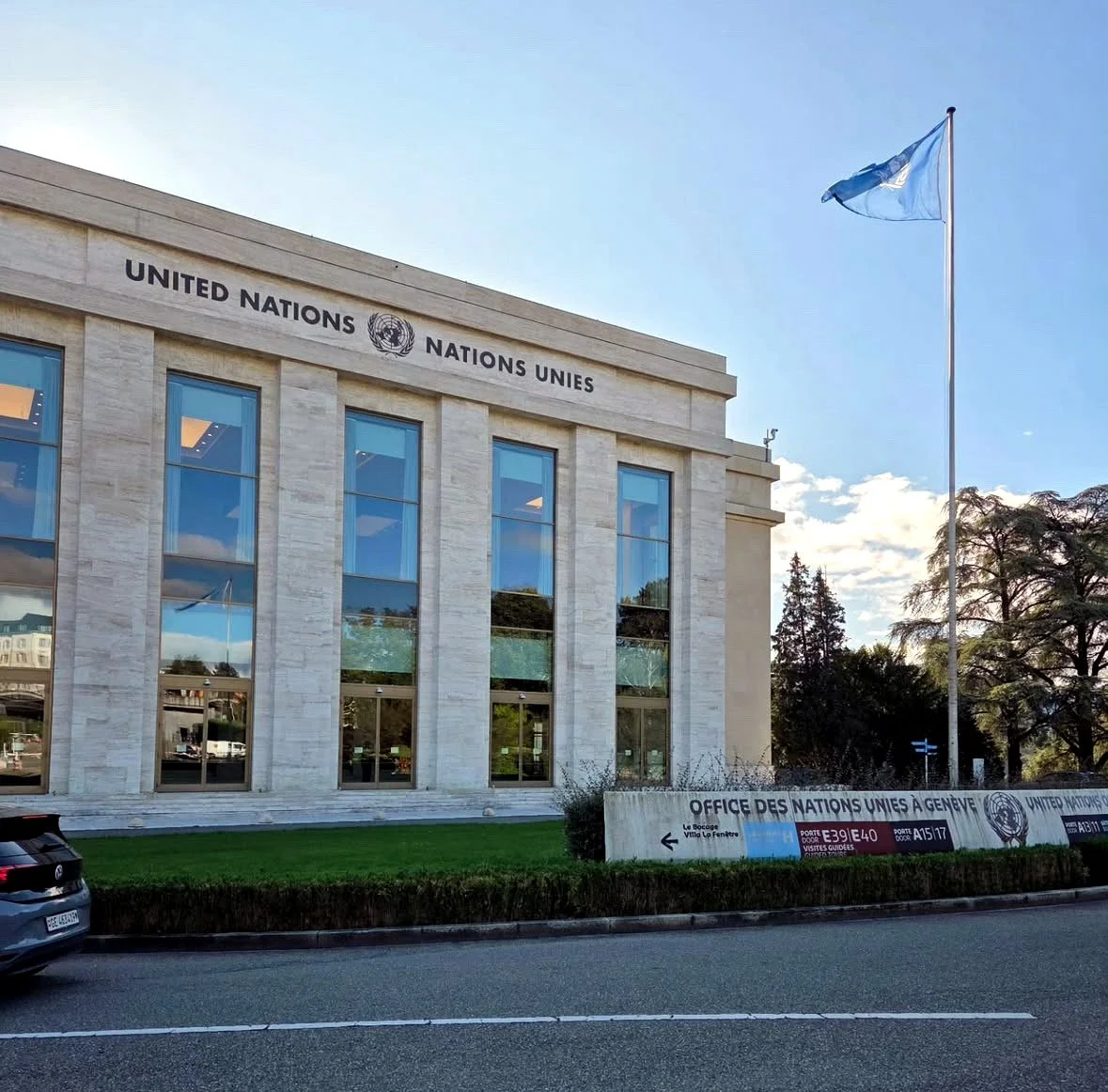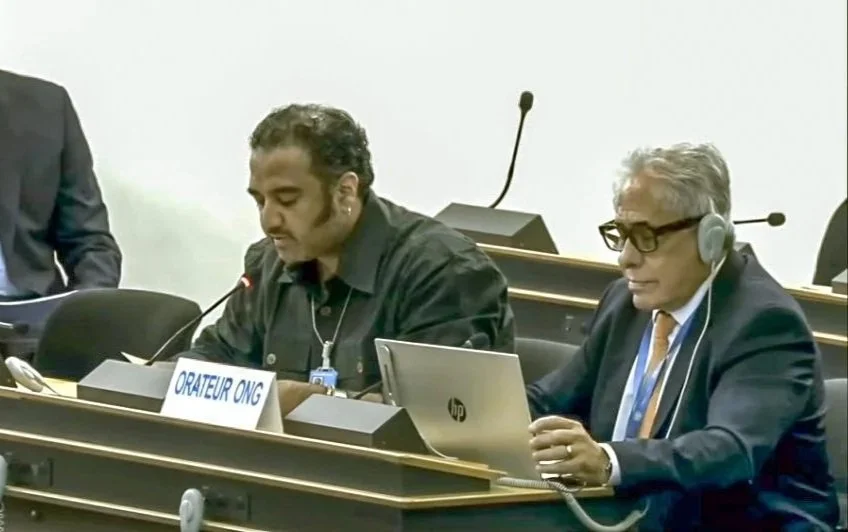Sambhali Trust Delivers 20 Interventions at UN Human Rights Council in Geneva
At the 60th Session of the United Nations Human Rights Council in Geneva, Switzerland, Sambhali Trust made a powerful stand. As an Indian-based UN accredited organization with ECOSOC Status, the Trust delivered 20 official statements to translate the lived struggles of Rajasthani women and girls into global policy recommendations. Mr. Govind Singh Rathore, Founder of the organzation, Mr. Virendra Singh Chouhan, President, Mrs. Sulekha Rawat, and Mr. Hansraj Singh, ensured the voices from Rajasthan were heard in the chamber.
It is a matter of immense pride that many of Sambhali Trust’s statements were formally selected for presentation at the UNHRC 60th Session. This has increased the credibility and visibility of the trust and most importantly gave a global voice to the underprivileged.
The Trust’s interventions centered on specific, vulnerable groups, proving that local action defines global success.
Intersex Dignity and Safety The organization addressed discrimination and violence against intersex and gender-diverse persons. It showcased the Garima Project in Jodhpur, which provides safe space and psychological support to over 1,680 gender-diverse individuals in the region.
Rights for Older Citizens The work called for the global integration of elder respect into social, health, and legal services. It highlighted national frameworks like India’s Maintenance and Welfare of Parents and Senior Citizens Act as essential anchors for local community efforts.
Dismantling Caste Bias To combat structural racism, xenophobia, and intolerance, the Trust focused on empowering rural girls facing intersectional discrimination. The Scholarship Programme and Boarding Homes are vital mechanisms that remove financial and social barriers to education, prioritizing safety and leadership development.
Strengthening Grassroots Mechanisms The statements stressed that effective human rights defense begins at the community level. The Trust pointed to its Self-Help Groups for building financial literacy, the Sathi Program for mentorship, and the Nirbhaya Helpline for immediate consultation, all designed to build foundational social support.
Integrating Gender Focus Sambhali Trust demonstrated a community-centred model to make gender inclusion tangible in all human rights work. Its Empowerment Centers, vocational training, and legal assistance provide essential, comprehensive support where it is needed most.
Beyond local models, the Trust used its platform to demand global accountability. The organization condemned the April 2025 Pahalgam terror attack in Jammu and Kashmir, urging the Council to hold the perpetrators and their sponsors responsible for the murder of 26 civilians. Additionally, it brought attention to the humanitarian crisis in Khyber Pakhtunkhwa, condemning violence and drone strikes that have forced over 60,000 people to flee their homes since March 2025.
The message is clear. Technical assistance and capacity building must be focused on equipping individuals with tangible skills, technology, and leadership. The success of the Empowerment Centers and Boarding Homes proves that development is not an abstract policy ambition. It is the everyday work of transformation and dignity, the path to justice, and the framework by which every child and community can claim their rights.


